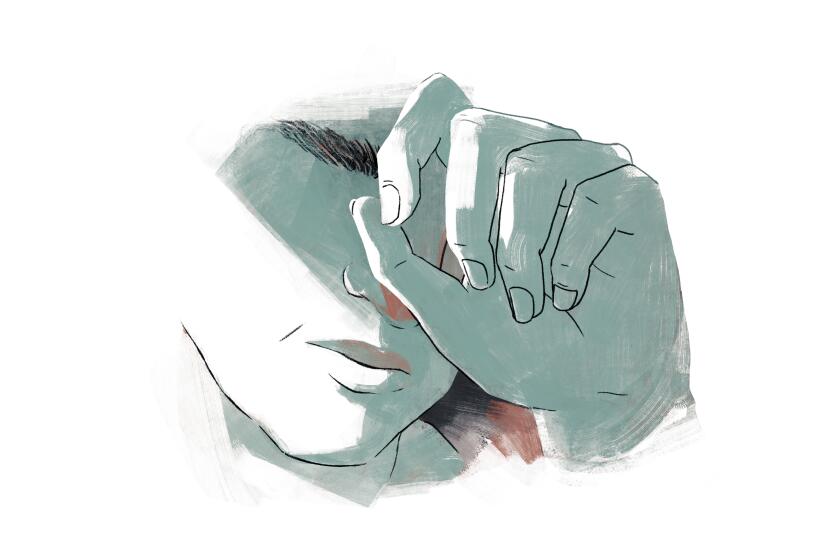A Bovine ‘Cure’ for Ailing People
A growing herd of cloned calves may provide a variety of human antibodies to treat diseases ranging from childhood ear infections to smallpox, researchers said Monday.
The cloned and genetically engineered calves carry not just a single human gene, but a section of genes that controls the production of many different antibodies, a team at privately owned Hematech reported.
Jim Robl, a researcher who helped found South Dakota-based Hematech, said he believed it was the largest chunk of genes ever transferred from one species into another at once.
“What we were excited about was the fact that we got a live calf out of it,” Robl said in a telephone interview.
*
An Antibody Factory
So far, the calves produce low levels of human antibodies, but Robl said he thinks he can find ways to suppress their native immune systems to produce more of the human product.
Then, each cloned calf could be an antibody factory, he said, producing a variety of products.
His team first created an artificial piece of human chromosome that carries the genes involved in making antibodies. The researchers spliced this into skin cells from cattle, then cloned calves from these genetically engineered cells.
They have about 20 healthy male and female cloned calves that can produce human antibodies in their blood, Robl said.
The hope is to eventually have a herd of cattle that could be infected with a range of viruses and bacteria, causing their bodies to make antibodies to treat human disease, said the researcher, whose work is published in the journal Nature Biotechnology.
Antibodies are already widely used in medicine, one of the best-known being the gamma globulin shot used against hepatitis. They are also injected to treat immune deficiencies, tetanus and shingles.
“They are also used as antitoxins--for example, snakebite toxins and botulinum toxin” that causes food-borne botulism, Robl said.
Antibodies are proteins that attach to specific invaders, such as bacteria and viruses, to cancer cells or to a toxin. They can stop a microbe or cell from functioning or can flag it for immune system cells to come and destroy.
*
Potential Uses
One potential new use is against children’s ear infections, Robl said, by injecting a child with antibodies against the bacteria and viruses that cause the infections, thus either supplementing antibiotics, or working to prevent repeated infections.
“Another area we are looking at is biodefense,” Robl said, using antibodies to protect against anthrax, smallpox, botulin toxin and other possible biological weapons.
The human antibody system allows the body to fight off new infections without having seen them before. Genetically, it is controlled by long sections of DNA that are cut up and recombined as needed.
Getting this long stretch of DNA into another animal’s cell was the first big step in the process, but Robl’s team created an artificial stretch of human chromosome that researchers were eventually able to splice into the DNA of cattle skin cells. “We were able to demonstrate that the chromosome is retained through all the divisions necessary to make a live, healthy calf,” Robl said.



